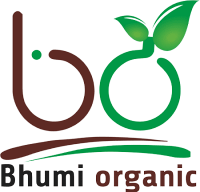Moringa: What You Should Know About Its Health Benefits
Moringa oleifera, commonly known as the drumstick tree, has indeed gained global recognition for its potential health benefits. It’s celebrated for its various medicinal properties and nutritional content, utilized across cultures for its leaves, seeds, flowers, and more.
Nutritional Powerhouse: The nutrient profile of Moringa is indeed impressive. It’s rich in vitamins, minerals, protein, and antioxidants. Moringa powder, in particular, boasts an array of nutrients—such as protein, vitamin A, potassium, calcium, iron, and vitamin C—that exceed those found in several other common food sources.
Health Benefits:
- High Nutrient Content: Moringa is packed with amino acids, essential nutrients, and minerals vital for the body.
- Antioxidant Properties: Its flavonoids, polyphenols, and ascorbic acid help combat free radicals that cause inflammation and oxidative stress.
- Diabetes Management: Studies suggest it might assist in regulating glucose levels and reducing oxidative stress.
- Cardiovascular Health: Moringa’s lipid regulation properties may help prevent arterial plaque buildup, reducing the risk of heart disease.
- Anti-microbial Effects: It showcases antibacterial and antifungal properties, aiding in fighting various infections.
- Wound Healing: The leaves’ blood-thinning properties are believed to accelerate wound healing.
- Brain Health: Antioxidants in Moringa may protect against neuronal degradation and potentially alleviate Alzheimer’s symptoms.
- Liver Health: The high polyphenol content may protect the liver from damage and oxidation.
Usage and Recommendations: Moringa can be consumed in multiple forms, such as powdered, used in teas, smoothies, soups, and curries. The recommended dosage is usually half to one teaspoon daily, but individual tolerance may vary.





